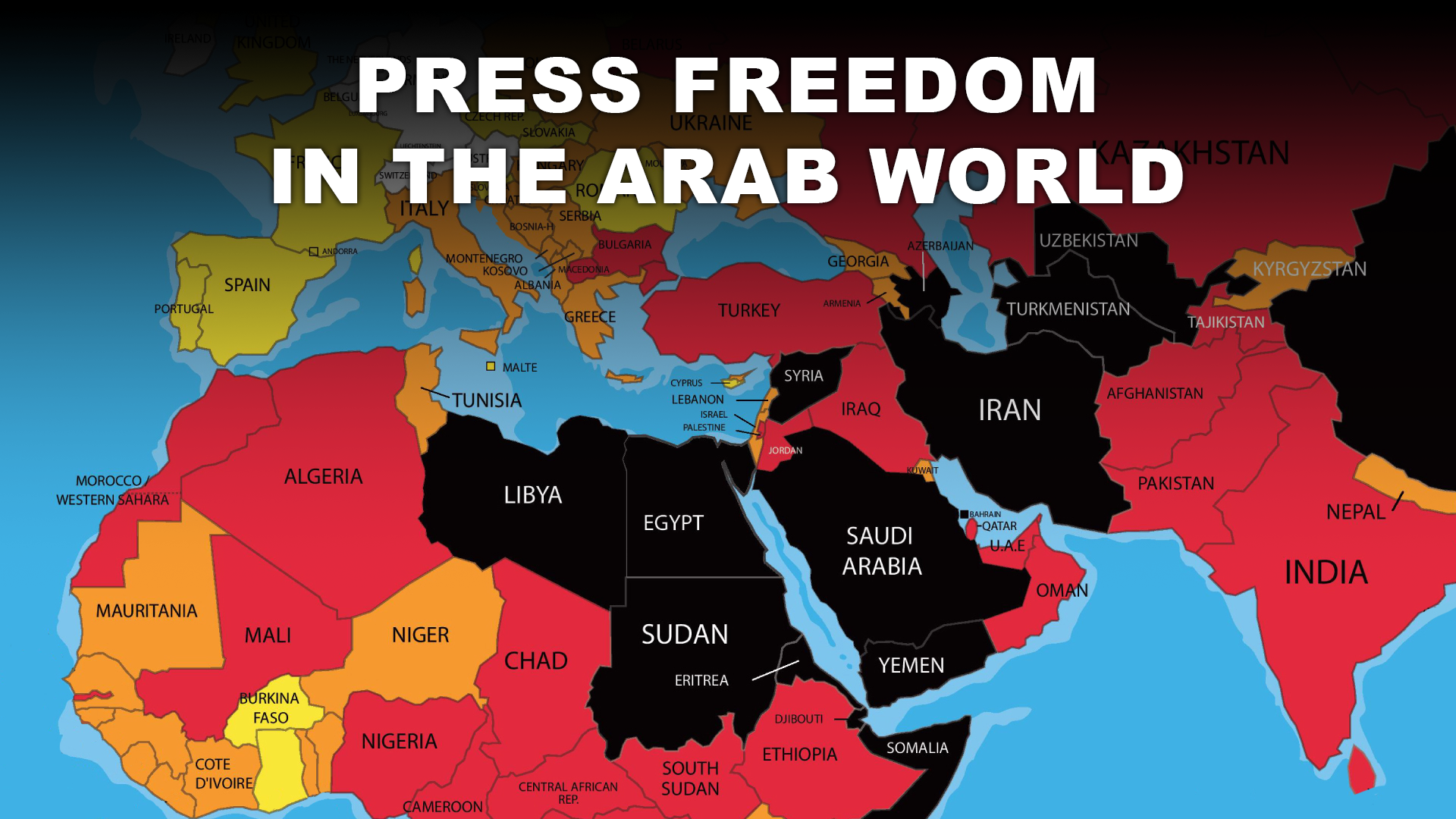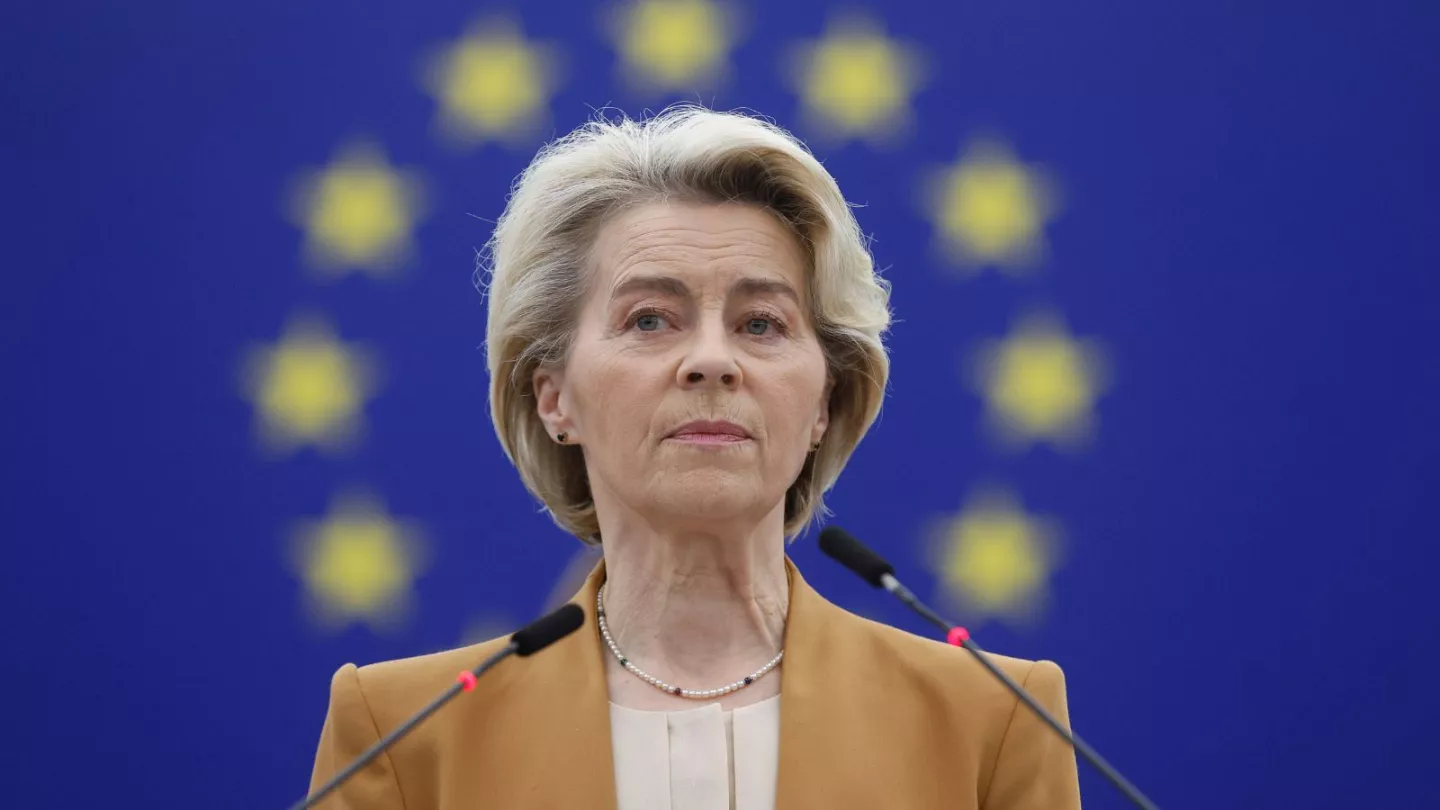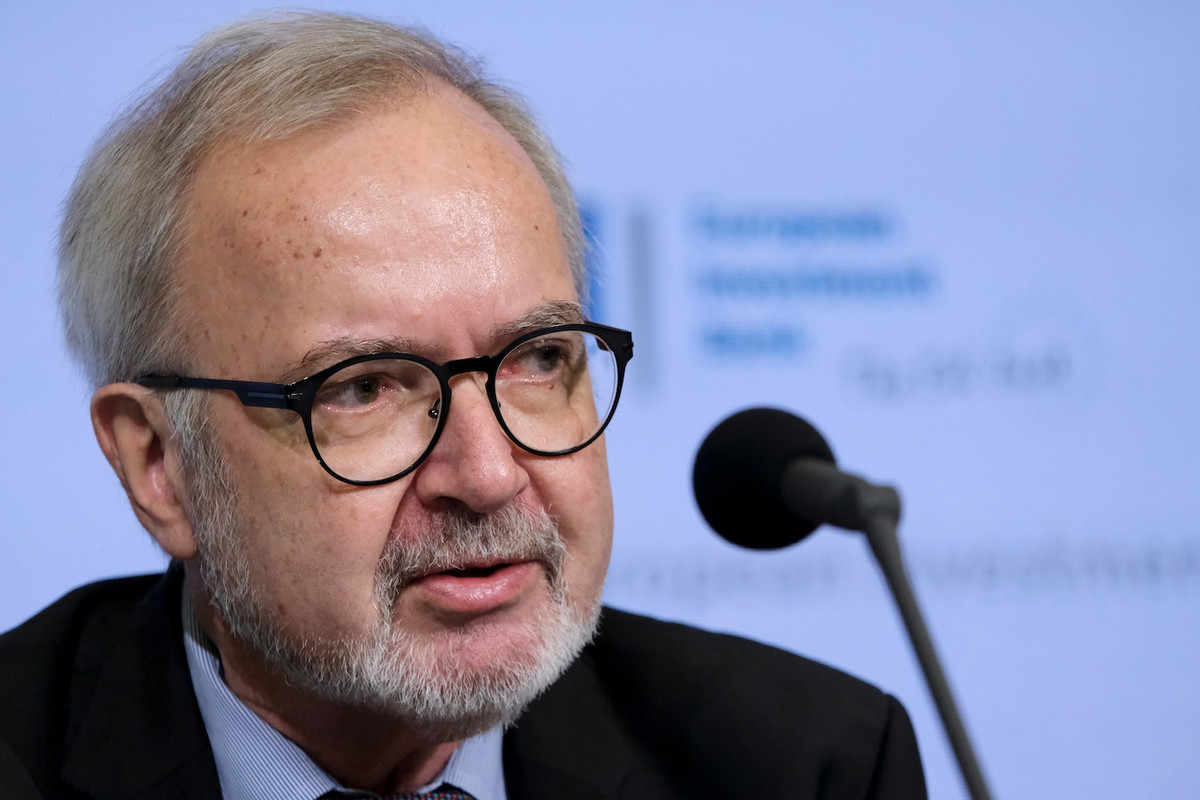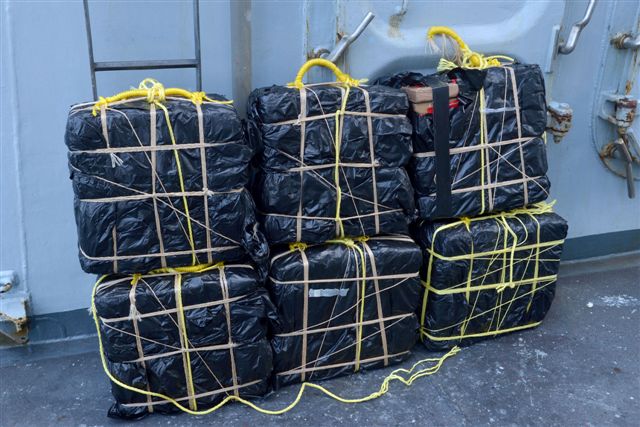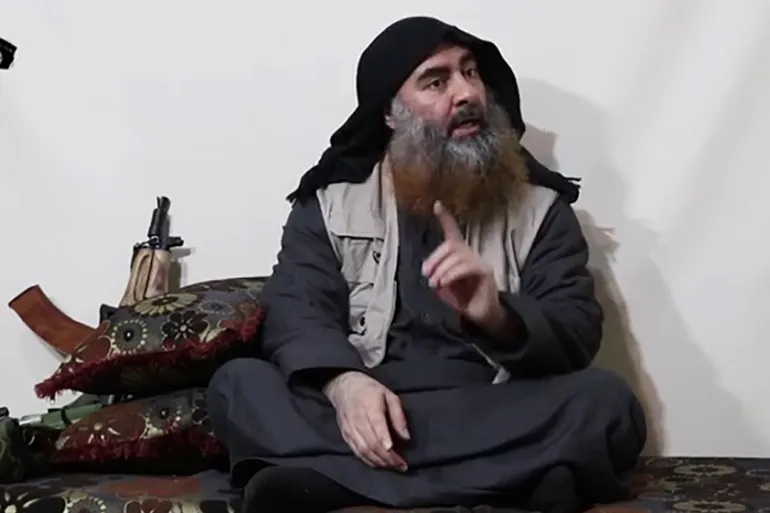Reporters Without Borders recently published its 2023 edition of the World Press Freedom Index, covering 180 countries and territories (https://rsf.org/en/index).
Norway is ranked first for the seventh year running. But – unusually – a non-Nordic country is ranked second, namely Ireland (up 4 places at 2nd), ahead of Denmark (down 1 place at 3rd).
There are changes at the bottom of the Index, too. The last three places are occupied solely by Asian countries: Vietnam (178th), which has almost completed its hunt of independent reporters and commentators; China (down 4 at 179th), the world’s biggest jailer of journalists and one of the biggest exporters of propaganda content; and, to no great surprise, North Korea (180th).
How does the Arab world perform when it comes to the freedom of the press?
The best placed is Mauritania (86th), with a score of 59.45. Here, press law violations were de-criminalised nearly 10 years ago, allowing journalists to work in a less repressive – but financially precarious – environment.
Then comes Qatar (105th). Qatar is one of the Middle East’s few countries to have risen in the index, thanks to the World Cup effect. Under a spotlight and in a bid not to tarnish the country’s image, the authorities relaxed some of the rules obstructing the media, even if some subjects were still difficult to cover.
Qatar, incidentally, stands better than Thailand (106th), Greece (107th) and Peru (110th).
It is followed by Lebanon (119th), Tunisia (121st), Algeria (136th), Somalia (141st) and Morocco (144th). In Morocco, journalists Omar Radi and Souleiman Raissouni are still being held arbitrarily and the judicial harassment of other outspoken journalists continues unabated.
Then comes the United Arab Emirates (UAE, 145th) and Jordan (146th). In the UAE, the government prevents both local and foreign independent media outlets from thriving by tracking down and persecuting dissenting voices. Expatriate Emirati journalists risk being harassed, arrested or extradited.
Jordan is followed by Sudan (148th), Libya (149th), Kuweit (154th), Oman (155th) and Palestine (156th). In Palestine, despite a 14-place increase, the security indicator has unsurprisingly suffered a sharp fall after two more journalists were killed and Israeli security forces carried out more attacks against the media, with complete impunity.
We then have Djibouti (162nd), Egypt (166th), Irak (167th) and Yemen (168th). Egypt continues to be one of the world’s biggest jailers of journalists.
Saudi Arabia is ranked 170th, followed by Bahrain (171st). Emboldened by the impunity enjoyed by the crown prince in connection with the Khashoggi murder, the Saudi kingdom continues to repress journalists, sentencing them long prison terms, banning them from leaving the country, and keeping them under close surveillance, even when abroad.
Finally and unsurprisingly, Syria (175th), almost at the very bottom of the index, stands out as the worst Arab country when it comes to press freedom. Syria continues to be one of the world’s most dangerous countries for journalists, who are caught in the crossfire between Bashar al-Assad’s murderous army, militias, and Turkish interventions. It remains the country where the most journalists are held hostage.
To sum it up, Mauritania, Qatar and Lebanon are the top 3 Arab performers, while Saudi Arabia, Bahrain and Syria are the bottom 3 ones.

